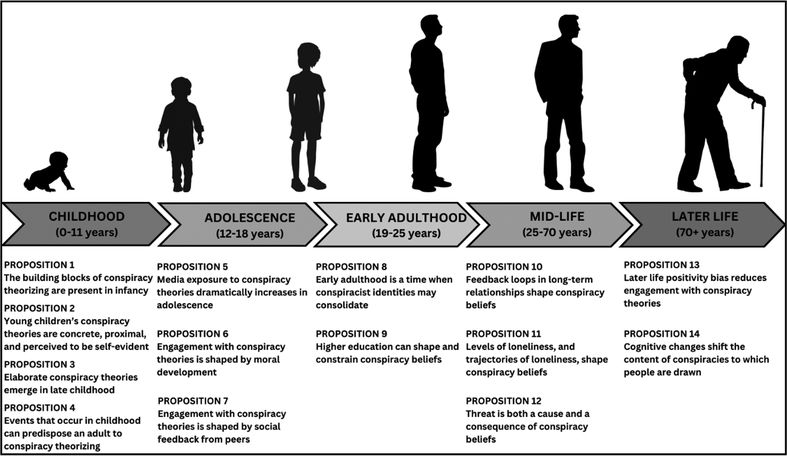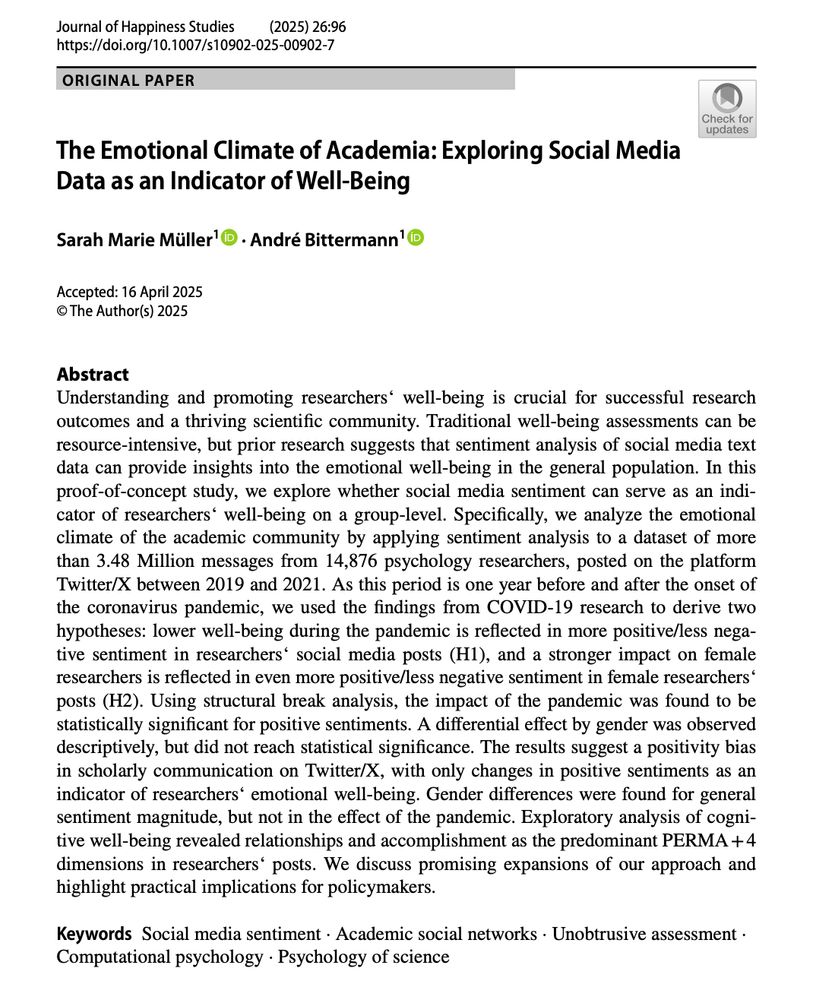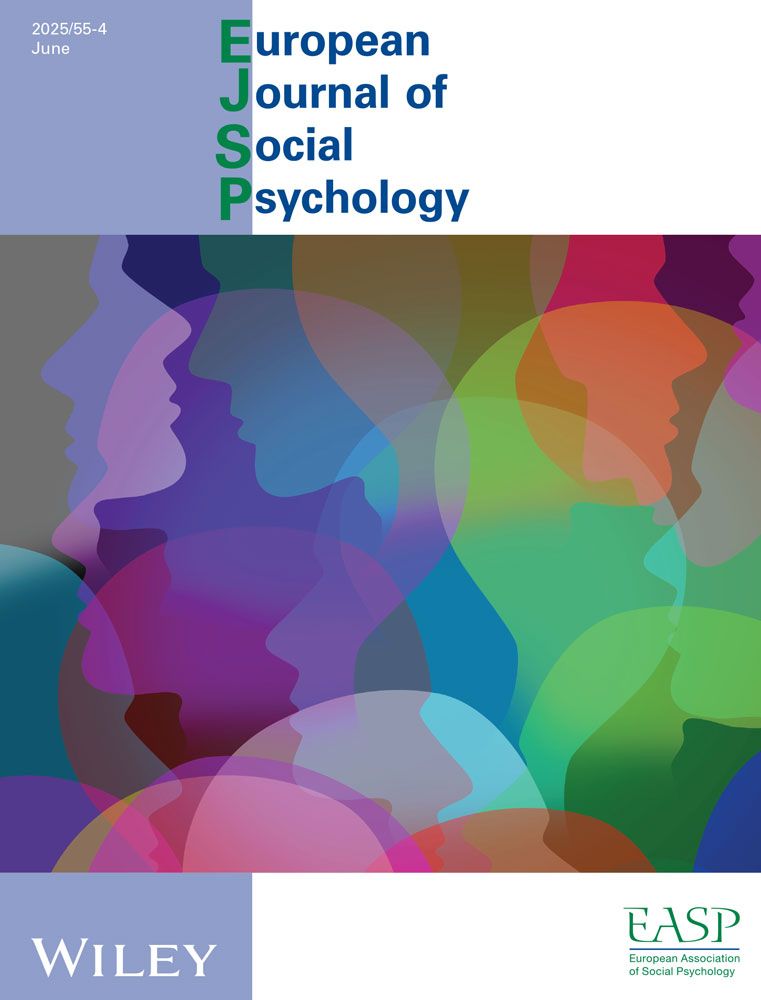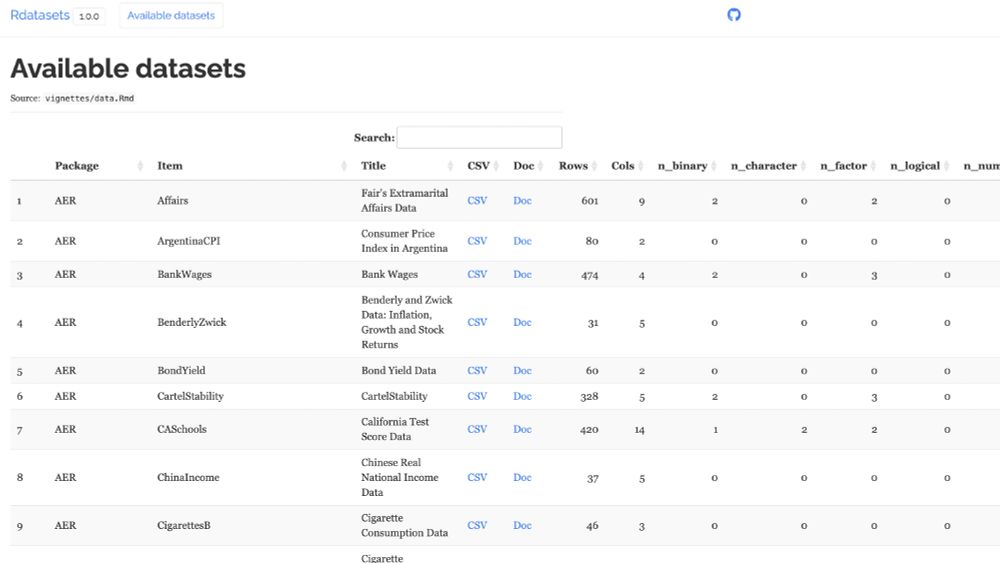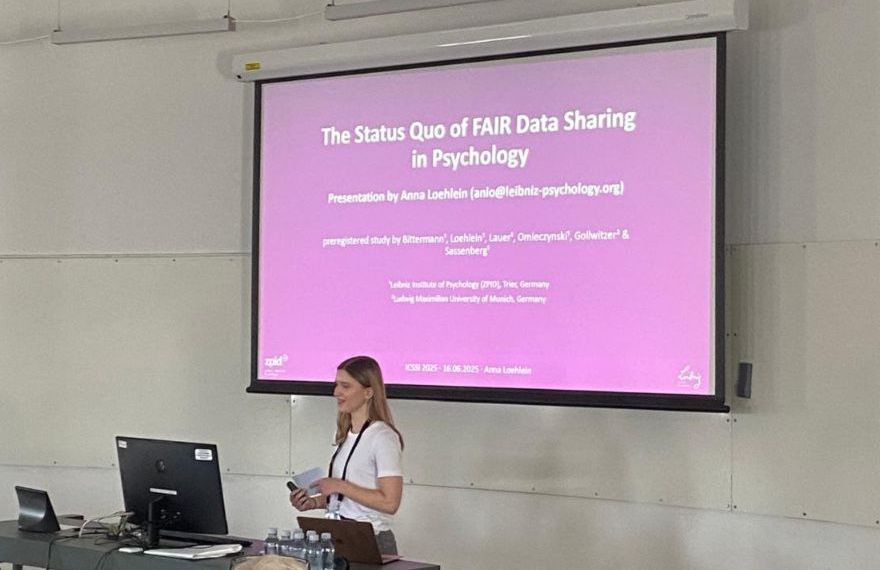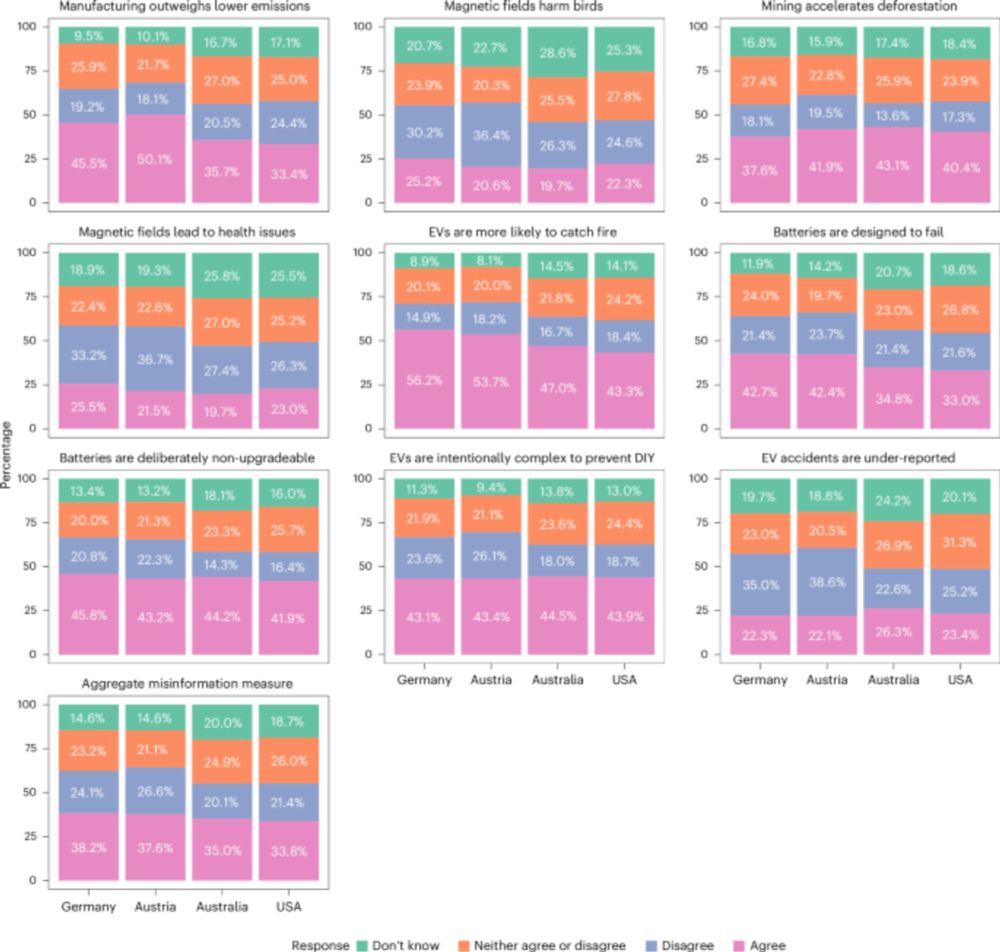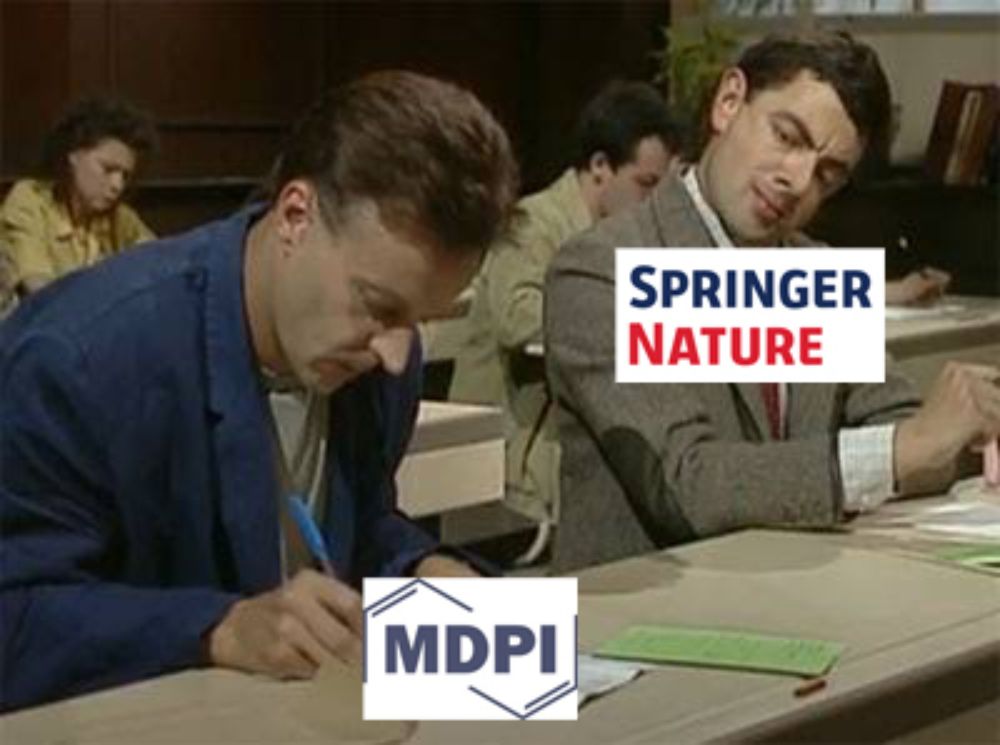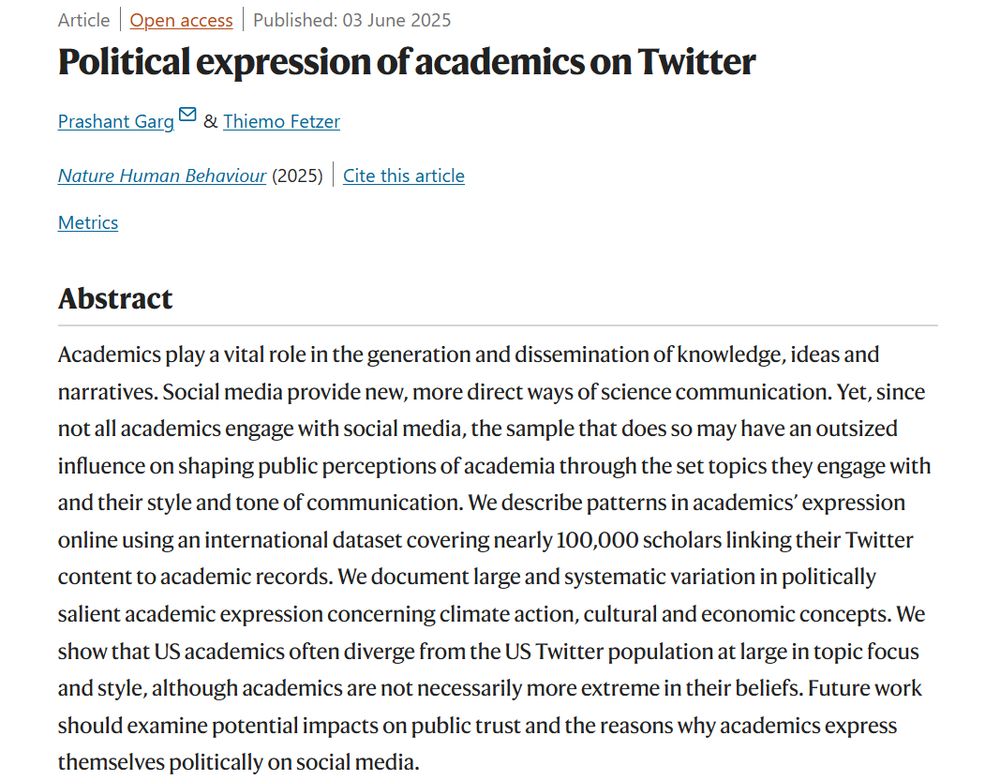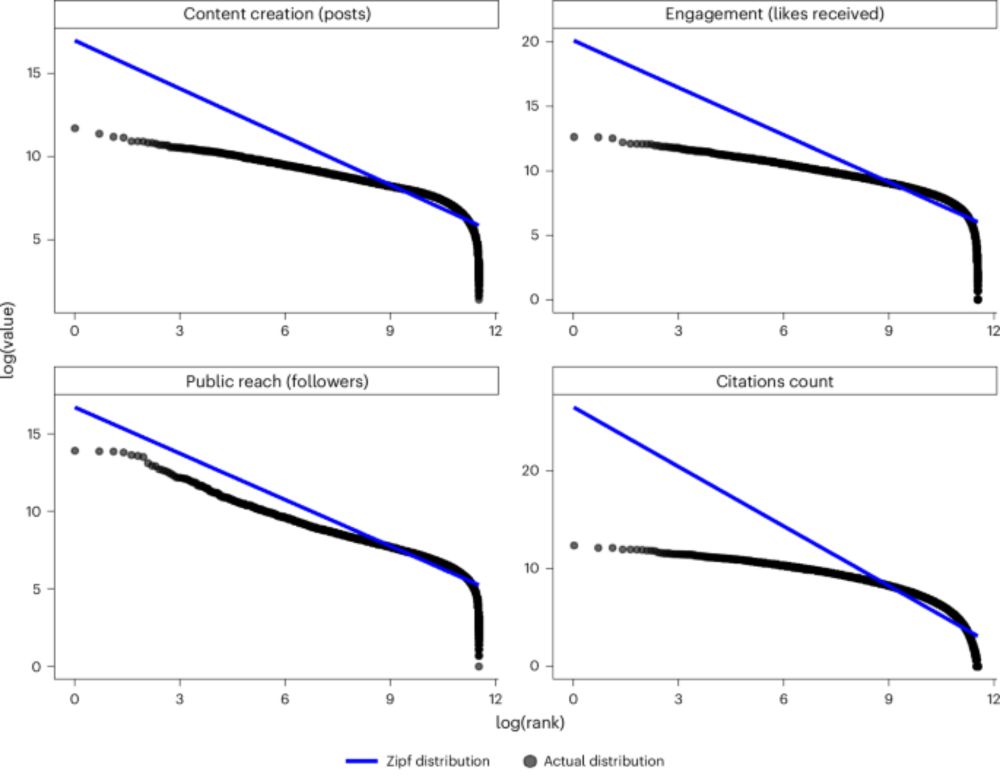André Bittermann
@abitter.bsky.social
190 followers
190 following
27 posts
Senior researcher @zpid.bsky.social, PhD, psychologist, interested in Computational Psychology, Text as Data, Bibliometrics, Metascience
Posts
Media
Videos
Starter Packs
Reposted by André Bittermann
Reposted by André Bittermann
Andrey Lovakov
@lovakov.bsky.social
· May 20

Generalization bias in large language model summarization of scientific research | Royal Society Open Science
Artificial intelligence chatbots driven by large language models (LLMs) have the potential
to increase public science literacy and support scientific research, as they can quickly
summarize complex sc...
royalsocietypublishing.org
Reposted by André Bittermann
Lisa Spitzer
@lspitzer.bsky.social
· Aug 21
Reposted by André Bittermann
Lena Hahn
@lenahahn.bsky.social
· Aug 18

A Cross-Sectional Study of the Completeness of Preregistrations by Psychological Authors From German-Speaking Institutions - Lena Hahn, Andreas Glöckner, Mario Gollwitzer, Jens Hellmann, Jens Lange, S...
Preregistering confirmatory research aims at reducing researchers’ degrees of freedom and increasing transparency to ultimately increase replicability. Yet the ...
doi.org
Reposted by André Bittermann
Reposted by André Bittermann
Reposted by André Bittermann
Reposted by André Bittermann
Reposted by André Bittermann
Reposted by André Bittermann
Reposted by André Bittermann
André Bittermann
@abitter.bsky.social
· Jun 7
Reposted by André Bittermann



